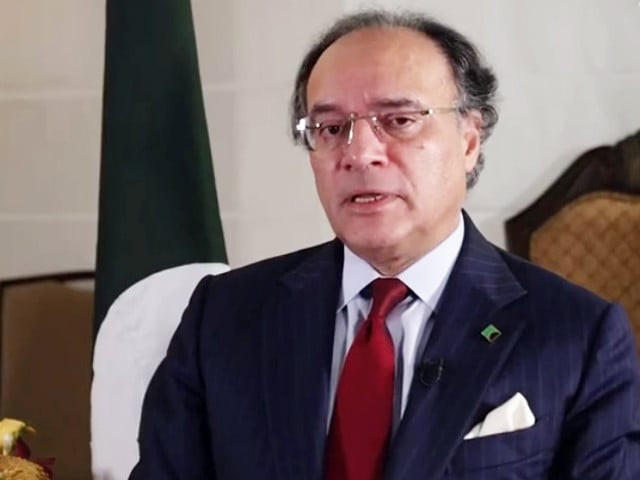The Federal Minister of Finance, Muhammad Aurengzeb, dismissed on Monday the criticism around the improved powers of the Federal Income Board (FBR), qualifying it as “propaganda” and reaffirming that the new authority was legally approved and designed only to counteract tax fraud to large -scale sales.
In statements to the journalists of the Chamber of Commerce and Industry of Foreign Investors (OICCI), Aurengzeb said that the measures had been formally approved by the National Assembly in consultation with the Permanent Committee, counteracting the statements that the powers were imposed without supervision.
He clarified that the additional FBR powers apply exclusively to cases that involve more than 50 million fiscal evasion rupees not in ordinary companies.
Read: Finance Law 2025: Companies have the worst part of the fiscal reforms
“The new legal tools have been implemented only to avoid fraudulent activities related to sales tax,” said Aurengzeb.
He announced that tomorrow an important meeting will be held with presidents of Chambers of Commerce, where the Government will explain the scope and intention of the FBO actions to the business leaders.
Increase investor trust
Aurengzeb asked for a stronger cooperation among local and foreign investors, saying that such collaboration is essential to boost economic recovery and long -term stability.
He said that the Government had paid $ 2.3 billion in profits to multinational companies, a measure aimed at strengthening investors’ confidence in the middle of ongoing tax reforms.
He added that the reimbursement problems faced by multinational companies would soon be solved, as part of the broader efforts to improve the Pakistan business environment.
In an attempt to deepen the commitment, the main leadership of the Chamber of Commerce and Industry of Foreign Investors (OICCI) has been invited to Islamabad for a meeting with Prime Minister Shehbaz Sharif.
Aurengzeb also said that remittance volumes were commendable, and that macroeconomic indicators are expected to show an additional improvement in the next few days.
Read more: High population deter development
The Minister of Finance said that the Government had paid RS75 billion for sales tax reimbursements this month and that encouraged the participation of the private sector in state companies (SOE) that face financial losses.
Aurengzeb said that the ECC was closely monitoring food prices monthly, noting that no irregularities had been observed in corn prices, rice and legumes.
When commenting on the financial sector, the minister said that the Pakistan bank industry is constantly supporting the national economy, especially following the recent changes in liquidity and loans.
He cited a new survey conducted by the OICCI that, according to him, reflects the renewed trust of investors and signs of economic stability.
Aurengzeb said that the Pakistan banking sector must now increase loans to the private sector, as the country advances towards sustainable economic development.
The finance minister confirmed that he had held an earlier meeting in the day with the governor of the state bank and the presidents of commercial banks to discuss the evolutionary role of the financial sector.
He affirmed that Pakistan’s financial perspective has improved, which leads to an increase in bank liquidity, which must now be directed to boost the private sector credit, particularly for SMEs and agriculture.
Aurengzeb added that the Privatization Commission has received 24 state companies (SOE), indicating a new impulse for the divestment of public sector companies that make losses, including Pakistan International Airlines (PIA).
“Banks have a fundamental role to play, especially in privatization initiatives such as PIA,” said the minister, suggesting that financial institutions collaborate with sponsors to revive industries in difficulties.
He requested joint efforts between the public and private sectors to rehabilitate state state institutions, framing it as essential for long -term structural stability.




